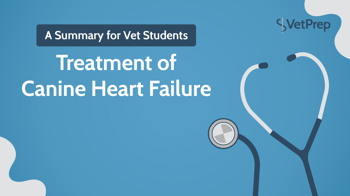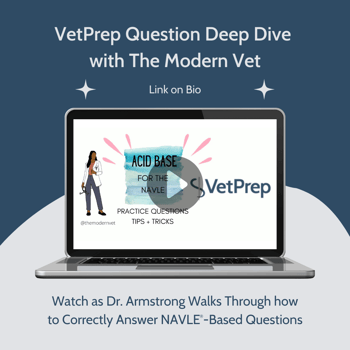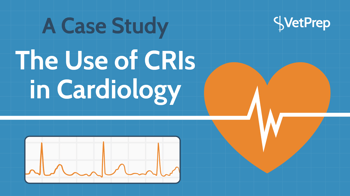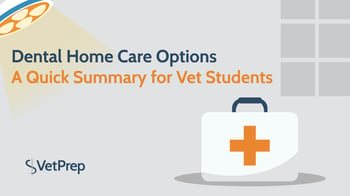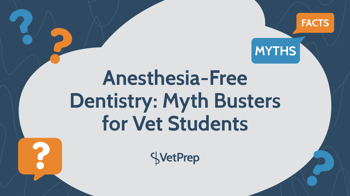As a vet student or new grad, you will probably encounter clients who want to save money and avoid anesthesia by pursuing anesthesia-free dentistry for their pets.
After all, what’s not to love about it? Their pet doesn’t go home groggy, there’s no anesthesia risk, and the cost is a lot lower than a comprehensive dental cleaning. From a client’s perspective, anesthesia-free dentistry looks pretty appealing!
Anesthesia-free dentistry providers capitalize on this appeal, using a variety of marketing strategies to sell clients on a service that is of limited benefit. While we all know that anesthesia-free dentistry is inferior to comprehensive veterinary dentistry, it’s important to be able to clearly explain your view to your clients, without becoming defensive.
You can’t just tell clients that your dentals are better than anesthesia-free dentistry; you need to be able to educate them on why that’s the case.
Doing so requires attention to facts and details.

